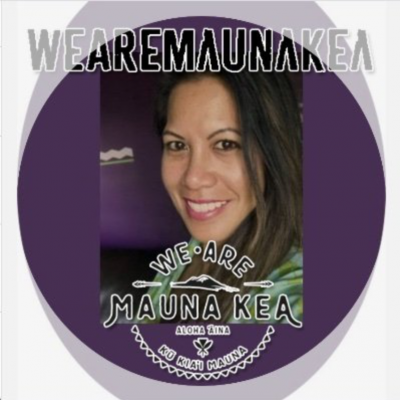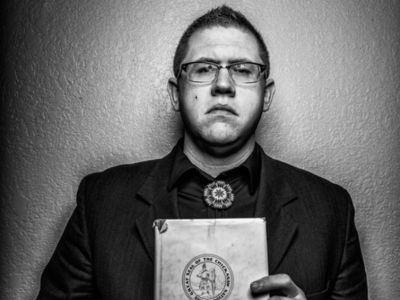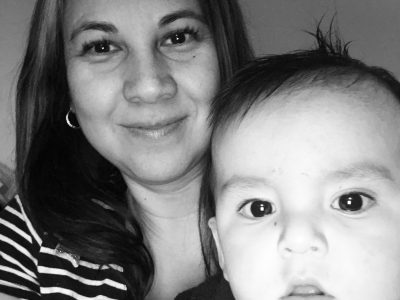
Photo – Candace Kaleimamoowahinekapu Galla
Rising Voices: Please tell us about yourself.
Aloha. My name is Candace Kaleimamoowahinekapu Galla and I am an Associate Professor in the department of Language and Literacy Education (Faculty of Education) and the Institute for Critical Indigenous Studies (Faculty of Arts) at the University of British Columbia. I am Kanaka Maoli (Native Hawaiian) and Filipino from the island of Hawaiʻi. I received my B.A. in Linguistics, M.A. in Native American Linguistics, and Ph.D in Language, Reading, and Culture. I was also the Program Coordinator at the American Indian Language Development Institute – a program that reignited my passion in language learning and inspired my research on Indigenous language revitalization and digital technology. Upon graduation, I returned back to Hawaiʻi Island, where I was a Visiting Assistant Professor in Ka Haka ʻUla O Keʻelikōlani College of Hawaiian Language at the University of Hawaiʻi Hilo.
RV: What is the current status of your language on the internet and offline?
ʻŌlelo Hawaiʻi (Hawaiian) has had a digital and online presence since the 1990s, which has included a digital bulletin board system, online library of digital resources (e.g. online dictionary), archived resources that include Hawaiian language newspapers, asynchronous and synchronous online language classes, keyboard layouts for Apple and Windows, Google translate, and more.
Here are some links to relevant publications regarding Indigenous languages and digital technology.
- Galla, C.K. (2018). Digital realities of Indigenous language revitalization: a look at Hawaiian language technology in the modern world, Language & Literacy, Special Issue, 20(3), 100-120. DOI: https://doi.org/10.20360/langandlit29412
- Galla, C.K. (2018). Technology training and praxis at the American Indian Language Development Institute: Computer applications for Indigenous language communities, Canadian Modern Language Review, 74(3), 388-433. DOI: https://doi.org/10.3138/cmlr.4044
- Galla, C.K. (2016). Indigenous language revitalization, promotion, and education: Function of digital technology. Computer Assisted Language Learning, 29(7), 1137-1151. DOI: https://doi.org/10.1080/09588221.2016.1166137
- Galla, C.K. (2012). Sustaining generations of Indigenous voices: reclaiming language and integrating multimedia technology. World Indigenous Nations Higher Education Consortium Journal, 59-67. http://winhec.org/wp-content/uploads/2016/06/2012-WINHEC-Journal.pdf
- Galla, C.K. (2009). Indigenous language revitalization and technology: From traditional to contemporary domains. In J. Reyhner & L. Lockard (Eds.), Indigenous language revitalization: Encouragement, guidance & lessons learned (pp. 167- 182). Stabilizing Indigenous Languages Symposium. Flagstaff, AZ: Northern Arizona University. http://jan.ucc.nau.edu/~jar/ILR/ILR-13.pdf
RV: On what topics do you plan to focus during the week that you’ll manage the @NativeLangsTech Twitter account?
During the week, I plan to focus on digital resources that are accessible and available to Hawaiian language learners and speakers in Hawaiʻi and in the diaspora.
RV: What are the main motivations for your digital activism for your language? What are your hopes and dreams for your language?
My main motivation for digital activism is due to the fact that many of us who are Kanaka Maoli did not have the right and opportunity to acquire and/or learn ʻŌlelo Hawaiʻi. Nearly half of the population lives away from the Hawaiian Islands, and therefore are limited even further to language resources. Digital technology allows the language to live outside of our traditional territories. My hope is that in the near future ʻŌlelo Hawaiʻi will hold true and equal status to that of dominant languages.



